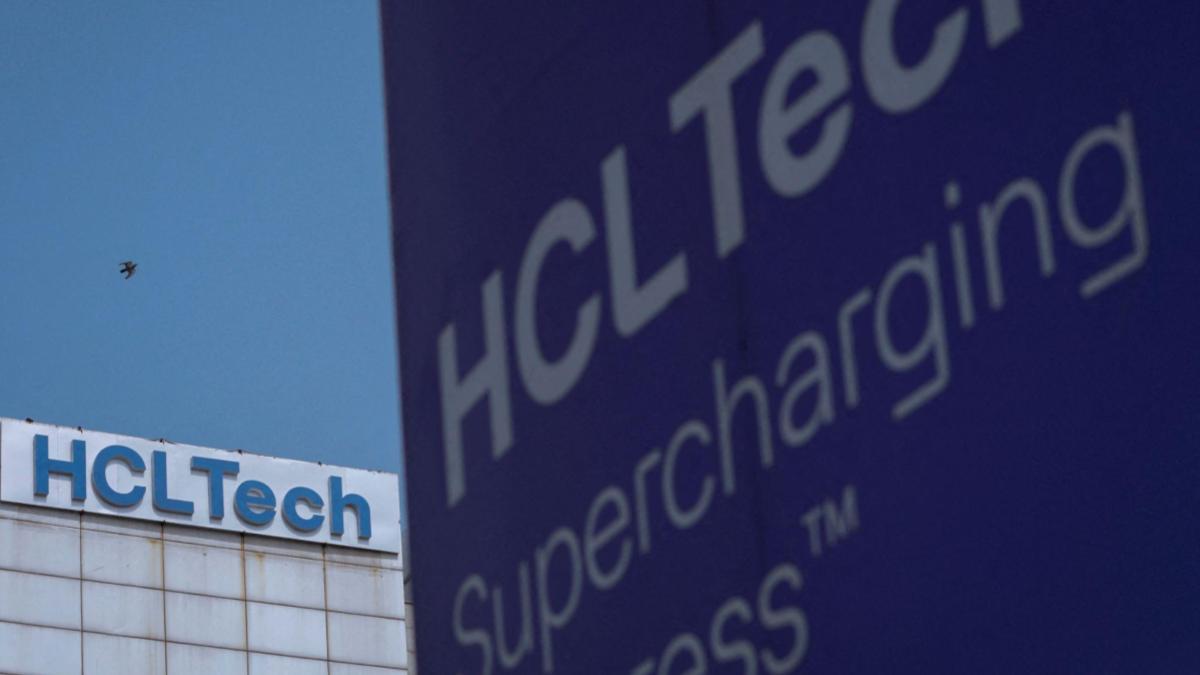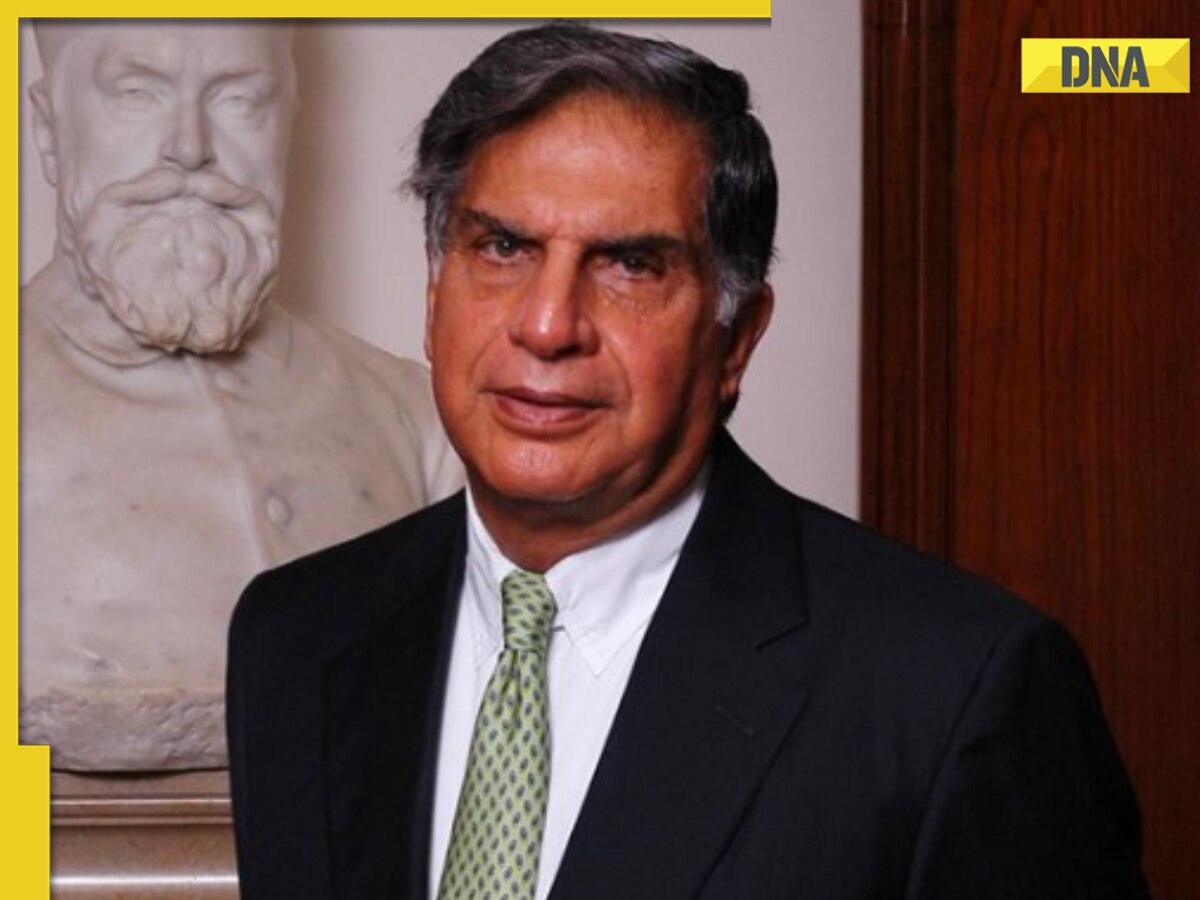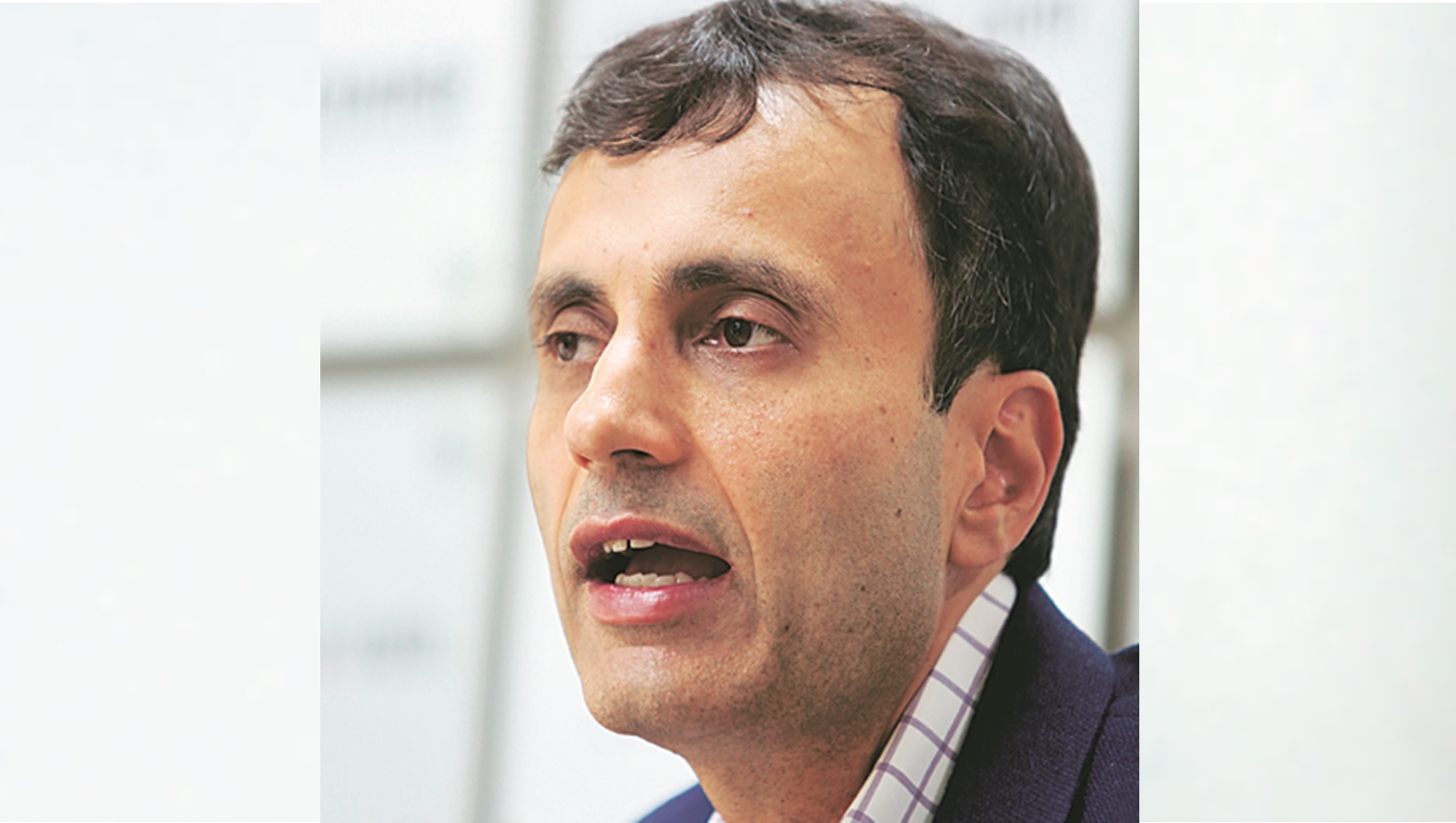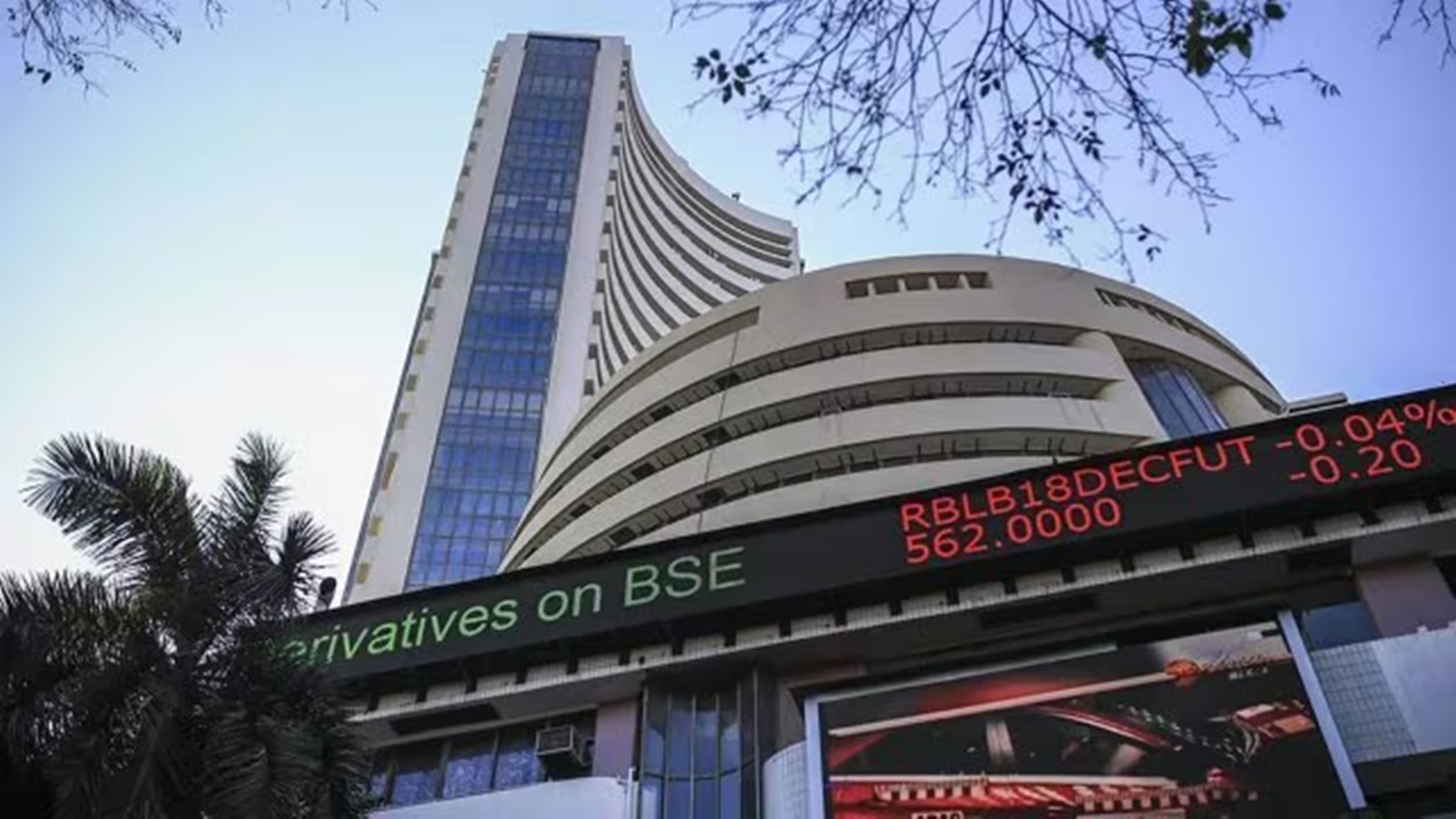Reliance Industries and India unit of Walt Disney may have to give an undertaking to the Competition Commission of India (CCI) that the duo will not individually or via their proposed merged entity acquire any company or business in the cricket broadcasting and streaming segment for a specified number of years. This is one of the potential remedies the two entities might offer to the regulator for approval to the $8.5 billion deal announced in February to merge their media assets. However, the regulator may require to satisfy itself, by also seeking several other operational commitments from the firms. Sources said that given the large magnitude of the proposed merger, “behavioural remedies” like committing not to increase ad rates for a specified period, may not suffice for the regulatory nod. Other options under consideration are licensing the “exclusive” broadcasting and streaming rights held by the merging entities to competitors or to sell rights for specific cricket tournaments over a certain period. However, the CCI might still ask for “divestment” to reduce the merged entity’s potential market power, the sources added. The regulator had issued a “statement of objections” to the two firms after a preliminary assessment, expressing specified concerns over the deal, especially regarding the potential dominance of the merged entity in the cricket broadcasting market. The firms are in the process of responding to the regulator’s queries, and offering remedies with the benefit of legal counsel. In February this year, Reliance , Viacom 18 Media Private Ltd and The Walt Disney Company announced the signing of binding definitive agreements to form a joint venture (JV) that will combine the businesses of Viacom18 and Star India . In addition, Reliance agreed to invest at Rs 11,500 crore into the JV for its growth strategy. “Over the next few weeks, the companies will be likely negotiating with BCCI (Board of Control for Cricket in India) to work around a plan so that their market share could be brought down to the CCI’s satisfaction. To be sure, the CCI has raised serious concerns around the dominance of the combined entity over the cricket rights and the power it would yield over the advertising rates,” said a source close to the development. Both Reliance and Disney have thus far shown reluctance to divest their cricket rights citing that it would require BCCI’s approval. For instance, Disney Star have exclusive TV rights for the popular IPL (Indian Premier League ) while Viacom18 has streaming rights. These rights are valid from 2023 to 2027. In addition, Disney Star has broadcasting partnership for ICC’s (International Cricket Council) tournaments for a period between 2024 and 2027. Experts said that the Reliance and Disney can take a leaf out of Microsoft ’s book which has given license for Activision Blizzard’s “Call of Duty” to Sony for 10 years to address objections raised by the Britain’s Competition and Markets Authority (CMA) for its takeover of Activision Blizzard announced in 2022. In case of “behavioural” remedies, experts said that the CCI will appoint an external monitoring agency to track of the commitments made at the time of getting clearance. “The CCI will decide on the compensation to be paid to the agency and it will be borne by the Reliance-Disney combine. CCI will be also doing periodical reviews,” said a former chairman of CCI. “Although divestment is the ultimate solution in this case, there could be other options that both parties can pursue which are equivalent to divestment. Without cricket rights, it’s a no deal. It all depends on how much ground they are ready to lose,” said a competition lawyer. So far, the CCI has not rejected a single case of merger that has been brought up with the regulator. Either the deals have been modified by the concerned parties or the applications were withdrawn. “It sends out a negative message to trade and commerce community if CCI decides to reject an M&A deal. In a deal of such magnitude, it would require structural (divestment) remedies to go through. There are no examples where deal of this size was cleared purely on the basis on “behaviourial” commitments,” said Augustine Peter, founder of APRLP Law, and a former CCI member. Follow us on Twitter , Instagram , LinkedIn, Facebook None
Popular Tags:
Share This Post:
Today's Gold Rate: സ്വർണവിലയിൽ ഇന്നും മാറ്റമില്ല; നിരക്ക് അറിയാം
- by Sarkai Info
- August 27, 2024


India and Singapore Elevate Strategic Partnership: New Pillars of Cooperation Unveiled
August 27, 2024What’s New
Spotlight
Today’s Hot
Featured News
Latest From This Week
To catch the IPO boom, law firms race to scale up capital markets practices
ARTICLE
- by Sarkai Info
- August 27, 2024
Gas demand uptick driven by power sector bumps up India’s LNG imports in April-July
ARTICLE
- by Sarkai Info
- August 27, 2024
India adds record 15 GW solar capacity during H1 2024: Mercom
BUSINESS
- by Sarkai Info
- August 27, 2024
Subscribe To Our Newsletter
No spam, notifications only about new products, updates.
Popular News
Top Picks
FSSAI withdraws order on milk products labelling
- August 26, 2024
India, Singapore pledge to cement ties in ’emerging areas’
- August 26, 2024
Will expand market: Digital lenders hail launch of ULI
- August 26, 2024




























